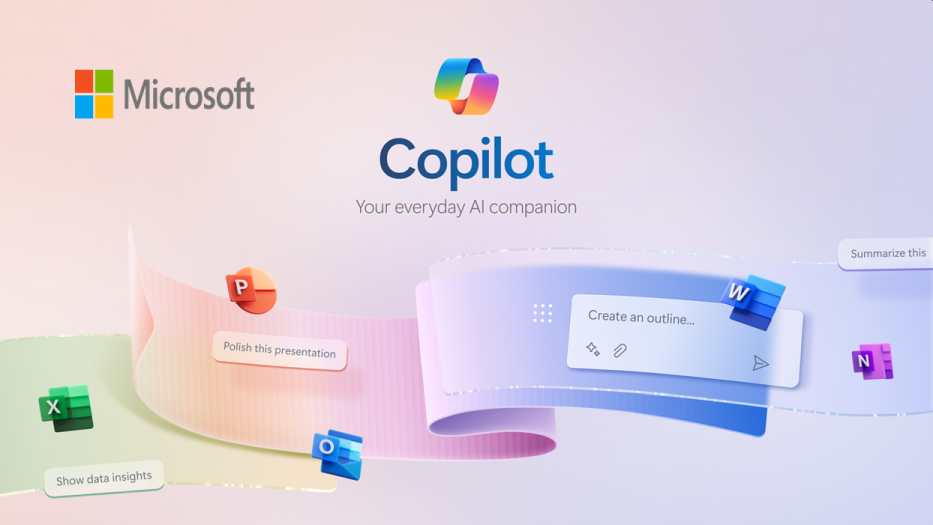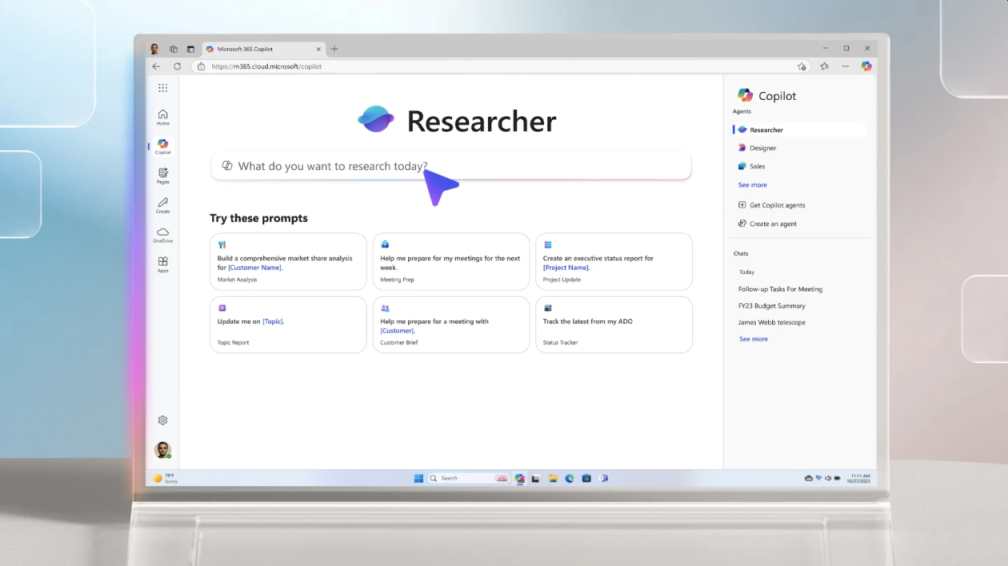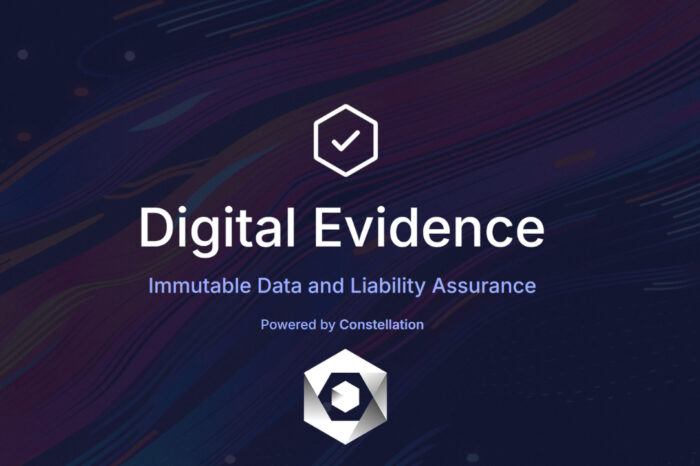Microsoft launches CoPilot AI Agents, ‘Researcher’ and ‘Analyst,’ aim to rethink how we work

Microsoft on Tuesday unveiled two new AI agents—Researcher and Analyst—into Microsoft 365 Copilot, aiming to reshape how people handle research and data-heavy tasks at work. These agents, which Microsoft calls “first-of-their-kind reasoning agents,” are built to act like on-demand experts, working directly inside familiar tools like Word, Excel, and Teams.
Alongside the new agents, Microsoft also announced upgrades to Copilot Studio, its low-code platform for building custom AI tools. The message is clear: Microsoft wants AI baked into every layer of business operations.
“Our Researcher and Analyst agents are like having a highly skilled expert on call for you 24/7 across your work data and the web. Excited to bring reasoning to Microsoft 365 Copilot & Copilot Studio today,” Microsoft Chairman and CEO Satya Nadella said in a post on X.
Researcher and Analyst: AI That Feels Like a Team Member

Microsoft CoPilot AI Agents
The Researcher agent helps users with deep, multi-step research. It combines internal company data—emails, meetings, files, chats—with outside information from the web. Built on OpenAI’s research model, it can put together detailed materials like go-to-market plans, industry reports, or opportunity analyses for new products.
What gives the Researcher extra value is its ability to pull in external data from platforms like Salesforce, ServiceNow, and Confluence. For example, a marketing team could use it to combine internal reports with public competitor data to build a full campaign strategy—without switching tabs.
Analyst, meanwhile, works more like an in-house data scientist for non-technical users. It’s powered by OpenAI’s o3-mini model and uses a step-by-step process to unpack complex data problems. It can run Python code to analyze spreadsheets, make predictions, and generate visual charts. The code is shown in real-time, so users can see exactly how the conclusions are being drawn.
Microsoft says this approach helps avoid the common issues with AI tools making stuff up. By letting users verify the process, Analyst offers more transparency—a move aimed at building trust among enterprise users.
Both agents will roll out in April 2025 as part of Microsoft’s new Frontier program, an early-access track for customers to try features still being polished. It’s a way for Microsoft to get feedback while continuing to refine the tools in the wild.
Copilot Studio Gets Smarter
Beyond the new agents, Microsoft is giving Copilot Studio a major upgrade. The platform now supports deep reasoning and agent flows. Deep reasoning means businesses can build more capable agents that handle layered workflows, while agent flows let companies automate repeatable tasks like handling feedback forms or expense reports.
This puts Microsoft directly up against OpenAI and Google, who’ve launched similar tools. But Microsoft’s strength is its built-in connection to the Microsoft 365 ecosystem. These AI tools don’t sit off to the side—they’re already living inside the apps people use daily. Early this month, reports surfaced that OpenAI was planning to launch a new line of AI agents, with prices ranging from $2,000 to $20,000 per month to do tasks like coding and PhD-level research.
The Verge notes that Copilot Studio now supports fully autonomous agents. That means these agents can kick off tasks or respond to situations without waiting for a human prompt. A logistics manager, for instance, could create an agent that tracks inventory levels and sends reorder requests without needing constant check-ins.
AI at Work Is No Longer Optional
Microsoft has been consistent in its goal: give every employee an AI assistant and integrate smart agents into everyday work. Researcher and Analyst take that idea further, not just answering questions but stepping into roles that require real decision-making and analysis.
There are still some hurdles. As TechCrunch pointed out earlier, even the most advanced models can get things wrong—like pulling in inaccurate sources or mislabeling data. Microsoft is trying to get ahead of this by making its tools more transparent and sticking to its security and privacy standards. Copilot only uses data that stays within the organization’s guardrails, which is a must for businesses already cautious about AI.
What’s Next
As of now, Microsoft’s newest Copilot agents are shaping up to be more than just helpful features—they’re signals of how AI will become a core part of the workplace. Set to launch in April, Researcher and Analyst are part of a broader shift: taking AI from novelty to necessity.
Whether you’re pulling together a strategic report or sorting through financial data, these agents are built to save time and make teams more effective. With Copilot Studio’s expanding toolkit, businesses have more flexibility to build what they need without spinning up full engineering teams.
The future of work isn’t coming—it’s already embedded in your Excel file.
Below is the Researcher agent in action



Below is the Analyst agent in action

Below is a video of the announcement.




